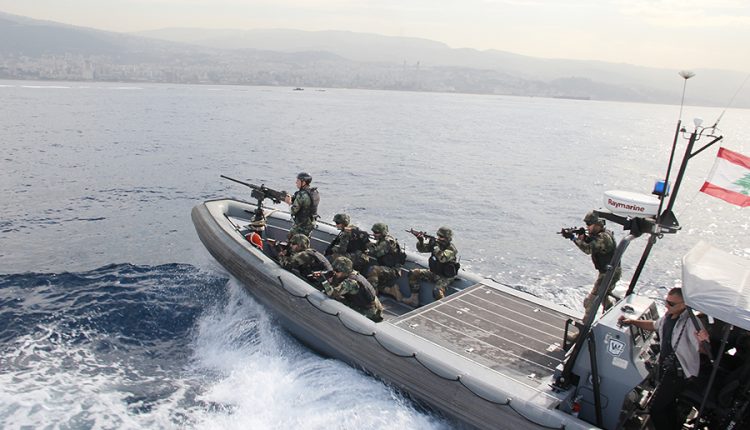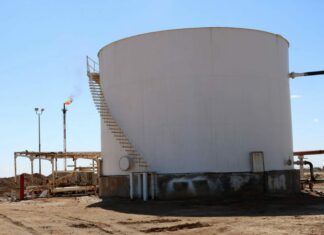
The Lebanese Military’s Navy has come under heavy criticism for its recent actions involving refugees and asylum seekers. On Friday, the Navy handed over 24 individuals to the Assad regime, raising serious concerns about the safety and human rights of those involved.
The refugees, all Syrians, were intercepted by the Lebanese Navy after their boat, which set sail from Syria several days earlier, was prevented from entering Cypriot waters by the Cypriot Coast Guard. The boat ultimately reached the coast of Akkar, Lebanon, where the passengers were detained and subsequently transferred to regime authorities at the Kabir River in the Arida border area.
The Lebanese Navy defended its actions, citing cooperation agreements with Assad. However, human rights organizations and international observers have condemned the move, arguing that the refugees are at high risk of torture, imprisonment, or even death under the Assad regime.
This incident is part of a broader pattern of Lebanese authorities returning refugees to Syria. Last Tuesday, Lebanese security forces resumed the so-called “voluntary return” of Syrian refugees, sending approximately 330 individuals back through the Al-Zamrani and Jusiyah crossings in the Damascus and Homs countryside.
The practice of returning refugees has been met with widespread condemnation, particularly as the situation in Syria remains perilous for many. Despite some claims of improved conditions, reports from within Syria suggest that returning refugees often face severe reprisals from the Assad regime.
The international community has taken note of these developments. On Friday, officials from eight European Union (EU) member states called for a reassessment of the situation in Syria. The governments of Austria, the Czech Republic, Cyprus, Denmark, Greece, Italy, Malta, and Poland issued a joint declaration during a summit in Nicosia, advocating for more effective measures in handling Syrian refugees and emphasizing the need for increased EU support to Lebanon. They highlighted that while Syria has seen some changes, it still lacks complete political stability, making the return of refugees risky.
The declaration also stressed the necessity of mitigating the risks of large-scale migrations from Lebanon to the EU, pointing to the ongoing refugee crisis and the challenges faced by Lebanon in managing the influx of migrants.








